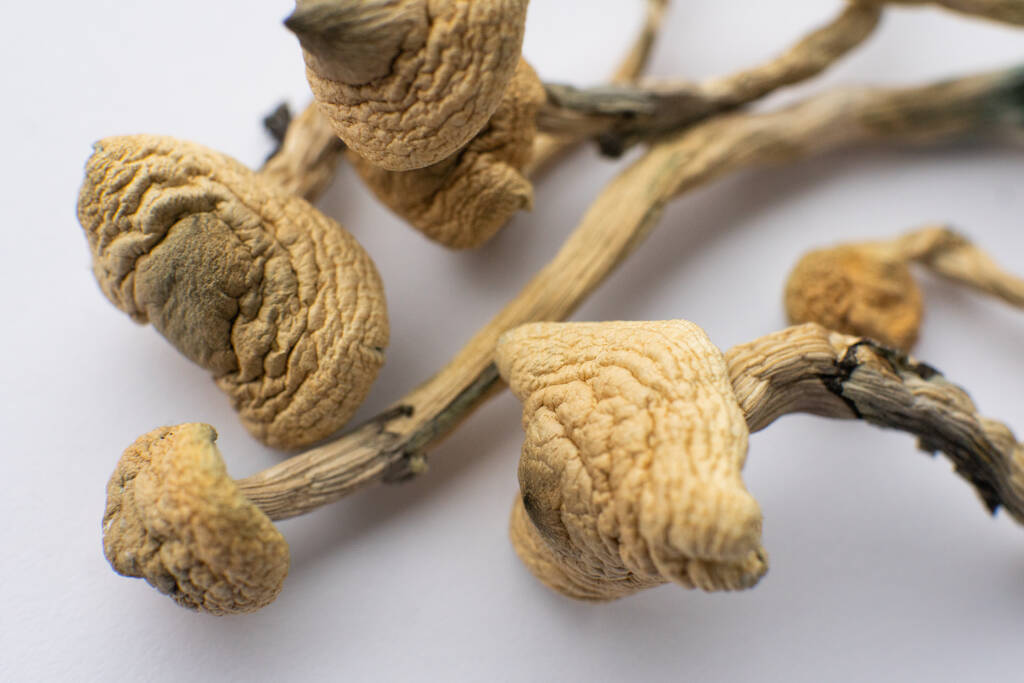A study published recently in the peer reviewed journal Molecular Psychiatry found that psilocybin, a psychedelic compound, may help reduce heroin-seeking behavior.

Psilocybin mushroom.
Researchers from Temple University conducted experiments to investigate the potential therapeutic effects of psilocybin on opioid addiction, particularly focusing on relapse behavior following heroin self-administration.
In the study, rats were given heroin at 0.075 mg/kg/infusion, followed by a period of forced abstinence. Psilocybin, along with 5-HT2A receptor antagonists ketanserin and volinanserin, was administered to test its impact on heroin-seeking behavior. The researchers found that while psilocybin did not reduce heroin intake, a single dose of 3.0 mg/kg significantly reduced cue-induced heroin-seeking behavior four to 24 hours after administration. On the other hand, the 5-HT2A receptor antagonists exacerbated heroin relapse.
To explore the underlying mechanisms, the team performed RNA sequencing on the prefrontal cortex (PFC), a brain region critical for drug-seeking behavior. Psilocybin at 3.0 mg/kg regulated twice as many genes in the PFC compared to a lower dose of 1.0 mg/kg, particularly those involved in the cytoskeleton and cytokine signaling. Blocking the 5-HT2A receptor with ketanserin inhibited over 90% of these psilocybin-regulated genes, including the IL-17a cytokine receptor.
“We conclude that psilocybin reduces heroin relapse and highlight IL-17a signaling as a potential downstream pathway of psilocybin that also reduces heroin seeking”, states the study’s researchers.








